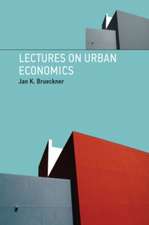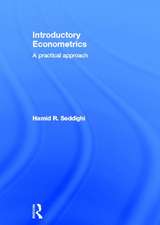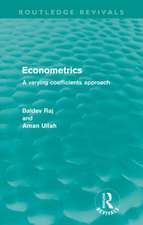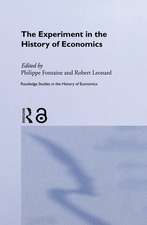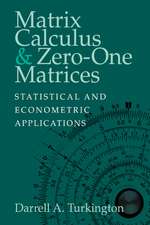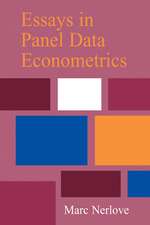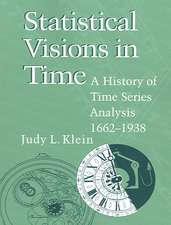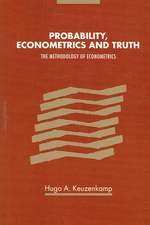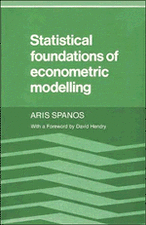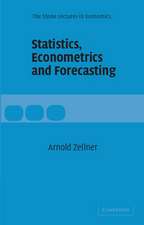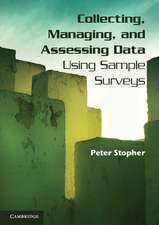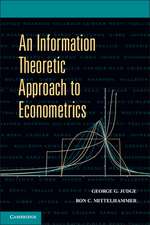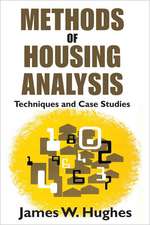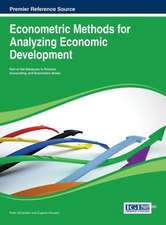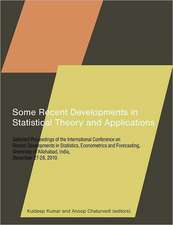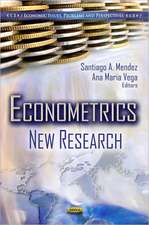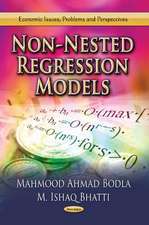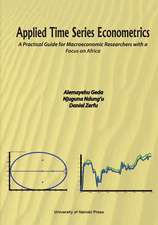Experimental Economics: Method and Applications
Autor Nicolas Jacquemet, Olivier L'Haridonen Limba Engleză Hardback – 28 noi 2018
| Toate formatele și edițiile | Preț | Express |
|---|---|---|
| Paperback (1) | 334.59 lei 43-57 zile | |
| Cambridge University Press – 28 noi 2018 | 334.59 lei 43-57 zile | |
| Hardback (1) | 762.08 lei 43-57 zile | |
| Cambridge University Press – 28 noi 2018 | 762.08 lei 43-57 zile |
Preț: 762.08 lei
Preț vechi: 886.14 lei
-14% Nou
Puncte Express: 1143
Preț estimativ în valută:
145.82€ • 152.66$ • 120.66£
145.82€ • 152.66$ • 120.66£
Carte tipărită la comandă
Livrare economică 07-21 aprilie
Preluare comenzi: 021 569.72.76
Specificații
ISBN-13: 9781107060272
ISBN-10: 1107060273
Pagini: 472
Ilustrații: 60 b/w illus.
Dimensiuni: 177 x 253 x 30 mm
Greutate: 0.95 kg
Editura: Cambridge University Press
Colecția Cambridge University Press
Locul publicării:New York, United States
ISBN-10: 1107060273
Pagini: 472
Ilustrații: 60 b/w illus.
Dimensiuni: 177 x 253 x 30 mm
Greutate: 0.95 kg
Editura: Cambridge University Press
Colecția Cambridge University Press
Locul publicării:New York, United States
Cuprins
Part I. What Is It? An Introduction to Experimental Economics: 1. The emergence of experiments in economics; 2. A laboratory experiment: overview; Part II. Why? The Need for Experiments in Economics: 3. The need for controlled experiments in empirical economics; 4. The need for experimental methods in economic science; Part III. How? Laboratory Experiments in Practice: 5. Designing an experiment: internal validity issues; 6. Conducting an experiment; 7. The econometrics of experimental data; Part IV. What For? What Laboratory Experiments Tell Us: 8. The external validity of experimental results; 9. More accurate theory and better public policies: the contributions of experimental economics.
Recenzii
'A must-read primer for anyone who needs to be convinced of the importance of using experimental methods for testing economic theory and designing policies. Anyone willing to learn how to design an experiment will treasure this book because it provides a comprehensive coverage of laboratory techniques for economists and of the econometrics of experimental data. No doubt this book will induce students and young scholars to invest in this exciting field.' Marie Claire Villeval, Centre National de la Recherche Scientifique, Groupe d'Analyse et de Théorie Economique, Université de Lyon
'This book is a must for every experimental economist. It scrutinizes the methodological background of many aspects of experiments in economics that are taken for granted by many others. At the same time it provides superb didactical accounts of these aspects, convenient recipes for actually doing experiments, and the main implications that experiments can have. Carefully elaborated case studies illustrate the methodological issues discussed, but at the same time are of central interest to the field by themselves. Readers will find their knowledge both broadened and deepened by this magnificent book.' Peter P. Wakker, Erasmus University Rotterdam
'This is a great book. It lays out the whys, what fors, and hows of experimental economics. It takes us through the econometric skills we need and describes the steps one has to take in designing and running an experiment. It is destined to be the go-to teaching and reference book for the field.' Andrew Schotter, Director, Center for Experimental Social Science, New York University
'This book is a must for every experimental economist. It scrutinizes the methodological background of many aspects of experiments in economics that are taken for granted by many others. At the same time it provides superb didactical accounts of these aspects, convenient recipes for actually doing experiments, and the main implications that experiments can have. Carefully elaborated case studies illustrate the methodological issues discussed, but at the same time are of central interest to the field by themselves. Readers will find their knowledge both broadened and deepened by this magnificent book.' Peter P. Wakker, Erasmus University Rotterdam
'This is a great book. It lays out the whys, what fors, and hows of experimental economics. It takes us through the econometric skills we need and describes the steps one has to take in designing and running an experiment. It is destined to be the go-to teaching and reference book for the field.' Andrew Schotter, Director, Center for Experimental Social Science, New York University
Notă biografică
Descriere
Demonstrates how controlled experiments can be a useful tool in providing empirical evidence relevant to economic research.

